GA4 Replaced Google Analytics Last Month
July 1st, 2023 was an important date in history — the day GA4 replaced Google Analytics officially. And most people completely missed it. In fact, if you weren’t paying close attention, you’ve never heard of GA4 — and now you’re late to the party!
How Many People Are Figuring This Out
A lot of small business owners are just figuring out GA4 replaced Google Analytics because their July website data was completely missing. In fact, Universal Analytics (how Google refers to the original Google Analytics product) stopped capturing data June 30th, 2023.
So if you don’t have GA4 set up, you got a pretty bad surprise a few days ago when your website reporting showed all zeroes. Surprise! And not in a good way…

Google (Hopefully) Didn’t Leave You Hanging
In most cases, Google automatically created a GA4 account for you, even if you didn’t on your own. BUT, if you didn’t install the tracking code, you may not have any data being collected as we speak.
That’s not great, but fixable. Here is what to do immediately:
- Log in to your Google Analytics account
- You should see a GA4 property Google automatically created for you
- Follow the instructions to deploy the tracking code onto your website
This is URGENT. If you need help getting it done, schedule time with our experts and we’ll help you get that done for free. It’s fairly quick if you know what you’re doing and we have people who can accomplish that for you. We’ll invest in you before you invest in us; just give us a chance to show you what we do.

What Happened To My Google Analytics Data?
Universal Analytics (UA) stopped collecting data June 30th, 2023. So if you’re asking “What happened to my Google Analytics data?” you’re not alone.
The Good News. Your old data is still there.
The Bad News. That old data doesn’t convert to the new GA4, and it isn’t visible in GA4. That causes several cascading problems if you’re late to the GA4 party:
-
- You can’t automatically compare your new GA4 data to year-ago data, which is a common method we use to track growth
- Your old conversions don’t always translate directly into GA4, even if they were created in Google Tag Manager
- The data structure of GA4 is completely different than UA, so it takes some education to know how to compare the old and the new
We activated GA4 properties for all of our clients before July 1st, 2022 so that we’d be capturing data for 1 year prior to the changeover. That way, year-over-year comparisons still work. But if you didn’t get to do that, there is still a way to compare (it just requires an extra step).
We’ll Help You Sort It Out for Free
If you’re late to the GA4 party and you’ve got a mess on your hands, it’s OK. We’ve been preparing for the day GA4 replaced Google Analytics for well over 18 months now.
We can get you started on GA4 and help you use the GA4 changeover as a way to take your data tracking to a whole new level that can really have a tangible impact on your business growth.
And we’ll help you sort out this mess free of charge. Just schedule time with our experts. We’ll get your GA4 up and running, collecting data. And we’ll talk through a plan to get you back on track.
What’s in it for us? Simple. We’ll get to know you and your business better. You’ll get to know us better. And if there are other ways we can help, we’ll show you. It’s our investment in you to see if there are other ways we can work together into the future.
If you’re not ready for that move, just sign up for our free e-mail newsletter on Local Marketing. That way, you can stay in touch and you’ll get periodic updates when we publish more helpful articles like this one.
Thanks for visiting today!






